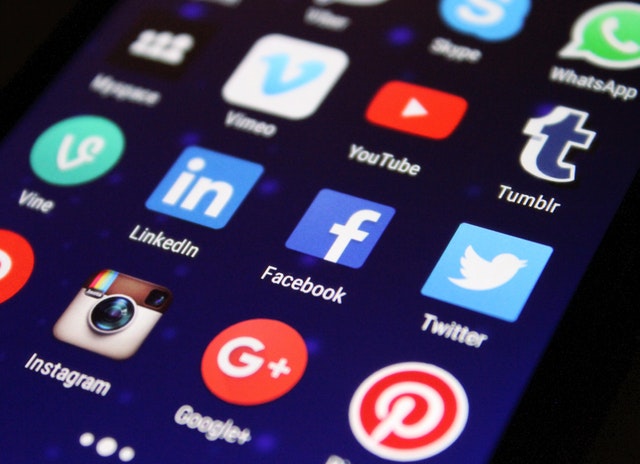
Social media platforms have evolved from being a web-space where folks look to have a reunion with some old pals into a tool for commerce and raising public awareness over certain ills noticeable within an area of occupancy or influence. Even more indulgent is how these platforms are now being used as vehicles for propagating fake news and propaganda. In the view of all these, one would not be wrong to conclude that the social media space accommodates the good, the bad and the ugly, and since there are many ‘innocent souls‘ that could get easily swayed or affected by the bad/ugly sides of it, it may be incumbent to find a means of taming the scourge before it turns into a monster.
On the periphery, the social media bill is fashioned to help check the activities of those who are out to use social media platforms to gratify some heinous desires particularly as it concerns the spread of fake [and misleading] news - something aimed at restoring the sanctity of journalism, the ‘simple‘ may say.
But Nigerians know better
However, scrutinizing the bill further and deeply, one cannot but have a feeling that there is more than meet the eyes particularly in the context of a Nigerian nation where transparency among the very group pushing for the implementation of this bill is often sacrificed on the altar of sentiments, and justice is made to wear a coat of many colours - plus, as we already know, corruption among this lot remains ill-addressed.
So, Nigerians know much better about what this group of individuals, who appear to be bent on safe-keeping their ‘royal estates‘, are capable of hence they (that is, Nigerians) will always find it hard to trust a bill that is tilted towards infringing on their freedom of speech/expression. More so, the Nigerian system is yet to be purged of a host of social anomalies that have eaten deep into its fabric and have made nation-building an uphill task. So, rather than devoting resources and much attention to this sort of bill, why have our senators not look into issues that are more salient, and will have huge impact on the masses that have been left to wallow in penury - Nigeria and her citizens deserve better from these individuals.
Furthermore, the politicians canvassing for the implementation of this bill need to be reminded that Nigeria is under a democratic rule and freedom of speech is one of the key features of this system of government - do they need to reminded of the basics that it is a people-centric system of government? The bill in question would have been passed unopposed in nations like China and North Korea but it is important to note that in these countries, no one is exempted from facing the full wrath of the law when found wanting; corrupt politicians and erring ‘ordinary‘ citizens have been brought to book. Can the same be said about the Nigerian justice system?
That said, the social media bill that has been causing a stir over the past few months is filled with some ambiguities that cannot be overlooked. It is good to note that there is a public hearing on the bill in prospect and we do hope that the contributions of well-meaning Nigerians will be respected by the powers that be. Beyond this, however, Nigerians are presently signing a petition calling for the cancellation of the bill on change.org. Meanwhile, it is yet of utmost importance that we present ourselves as responsible and honourable citizens that share or state information on social media ‘without adding any spice to it‘ - the truth will eventually prevail. And, those holding public offices [politicians most especially] must always be mindful of the fact that they owe the citizens of this nation a great of accountability and take actions that would preserve and advance democratic rule.